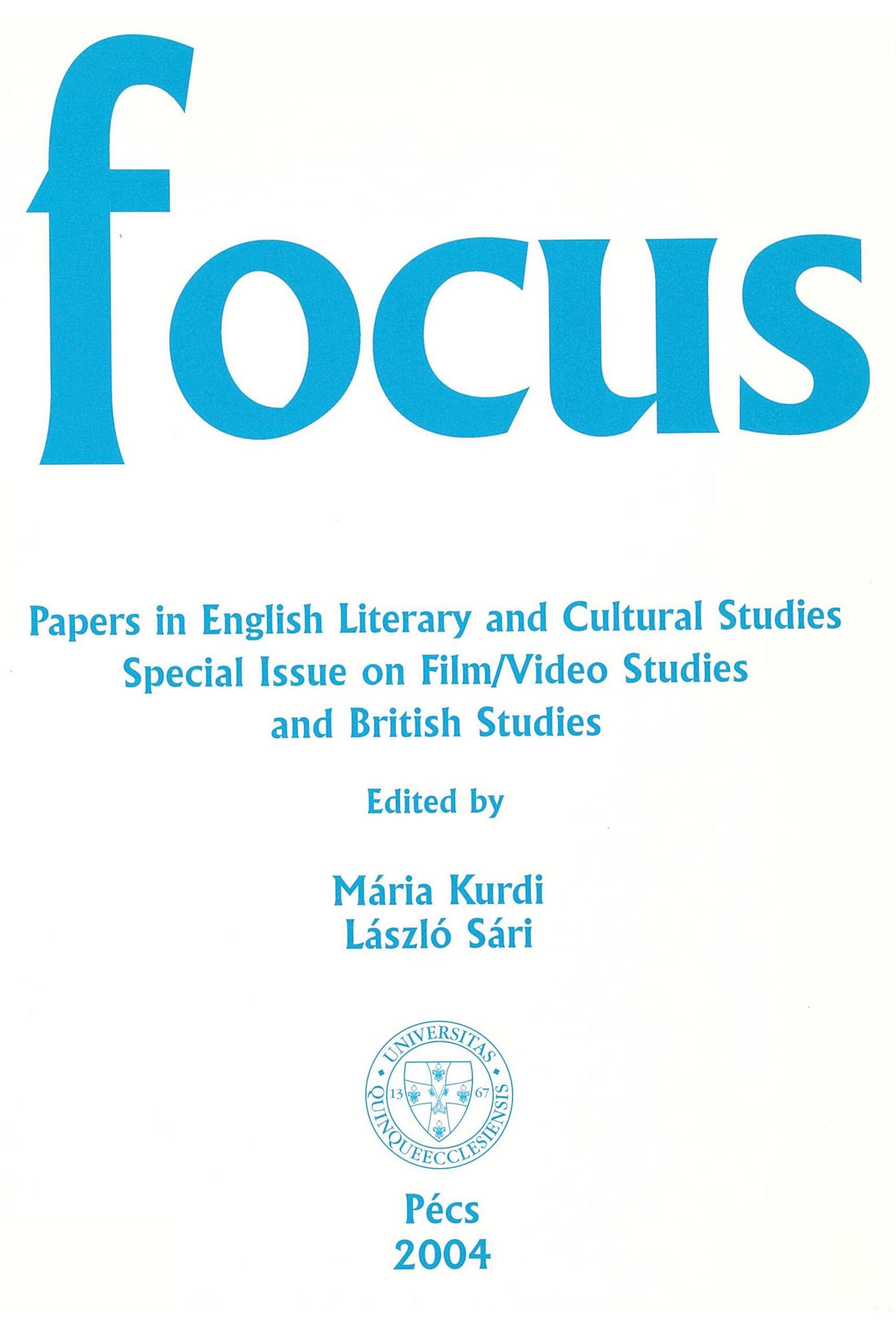Esprit de corps: The Uses and Abuses of Shakespeare in Renaissance Man
Abstract
"One recognizes the superiority o f the Greek man
and the Renaissance man—but one would like to have them
without the causes and conditions that made them
possible." —Nietzsche, The Will to Power 882
The ending of Hamlet brings the advent of soldiers and the triumph of the military ethos in more than one sense: as the soldier Fortinbras takes over, reestablishing a sense of normality in the Danish court, he insists on giving the dead prince a military burial, thereby retrospectively transforming his story into one of heroism.
Downloads
Published
How to Cite
Issue
Section
License

This work is licensed under a Creative Commons Attribution-NonCommercial-NoDerivatives 4.0 International License.
FOCUS: Papers in English Literary and Cultural Studies follows the principles laid down by Creative Commons, which provides guarantees for the Author’s copyright while also ensuring that intellectual properties are made available for the wider public in a digital form. All papers submitted to the journal apply the following licence conditions (indicated on the journal’s website as well as in individual publications):
“© This work is licensed under a Creative Commons Attribution-NonCommercial-NoDerivatives 4.0 International License.”
You are free to:
- Share, copy and redistribute the material included in the journal in any medium or format under the following terms:
- Attribution — You must give appropriate credit to the Author, and indicate the original place of publication [FOCUS: Papers in English Literary and Cultural Studies, Issue nr., page numbers.].
- NonCommercial — You may not use the material for commercial purposes.
- NoDerivatives — You are not allowed to remix, transform, or build upon the material.
- The above conditions must always be indicated if the journal material is distributed in any form.
- The above conditions must always be met, unless a written permission signed by the Author and the Editor-in-Chief states otherwise.

